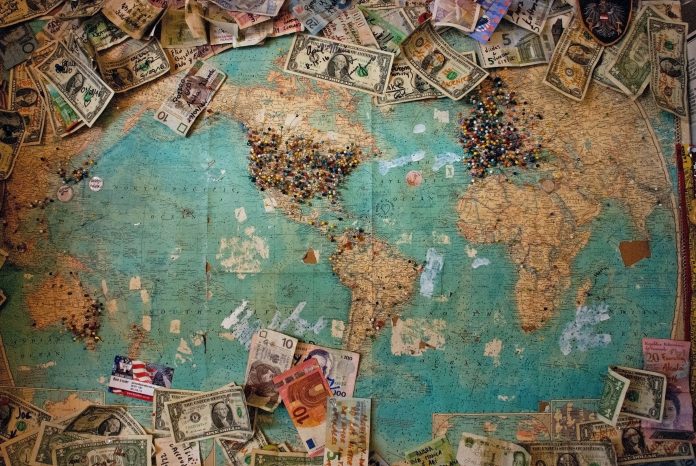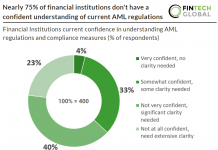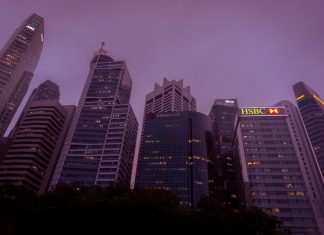With the world becoming ever more connected and linked in an unlimited number of ways, money laundering is continuing to grow in presence and stature.
In a recent post by PassFort, the company discussed in greater detail the topic of money laundering and anti-money laundering and key topics around the practices.
Some of the different means of money laundering include tax evasion to funnelling money through what appear to be legitimate business entities. Many AML regulations can vary globally, however, as PassFort states, there is a key element that underpins all legislation – customer due diligence.
Customer due diligence mandates that a firm governed by AML regulation takes measures to understand who they are doing business with. Regulated firms – such as banks and letting agents – are required to take steps like register for an AML supervisor, appoint a money laundering reporting officer as well implement systems to ensure compliance with AML regulations relevant to the jurisdiction(s) they operate in.
While knowledge around the AML is increasing, there are still some knowledge of the industry that remains mainly on the sidelines of the mainstream. For example, PassFort highlighted how the Basel Institute calculated that there was an increase in the global risk of money laundering between 2020 and 2021 – up to 5.3/10 from 5.22/10.
The Basel Institute of Governance – which completes an annual independent assessment of money laundering and terrorist financing globally each year – ranks nations in this assessment according to their AML risk. In 2021, out of 203 jurisdictions, Haiti ranked as the highest risk nation for money laundering.
Meanwhile, the UK National Crime Agency published a National Strategic Assessment recently that estimated that the cost of serious and organised crime was £37bn a year, summarising what further steps were needed to crackdown on money laundering. Since then, the UK has formally joined the Beneficial Ownership Leadership Group to improve the transparency of company ownership and reduce opportunities to hide financial crime with an aim to improving market confidence.
In other statistics, the UN office on drugs and crime recently estimated between 2% and 5% of global GBP is laundered each year. The largest AML fine in the European Union to date, meanwhile, totaled the equivalent of $900m and was imposed on ING, a Dutch bank.
Read the full post here.
Copyright © 2022 FinTech Global











